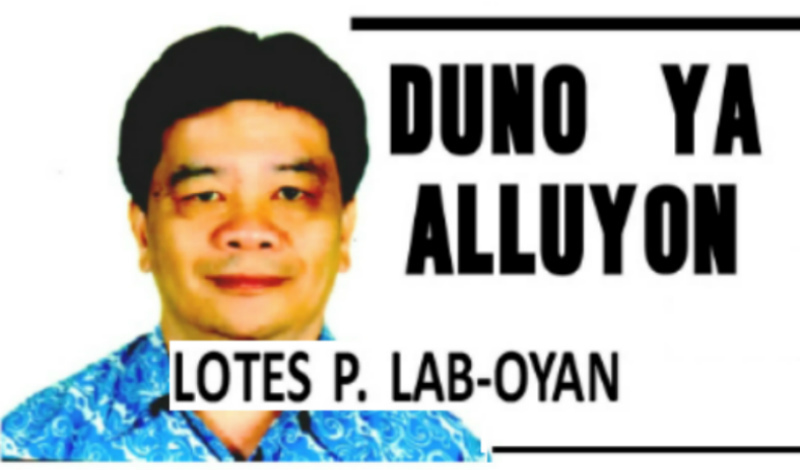The signing of the Tax Reform for Acceleration and Inclusion or TRAIN last December 19, 2017 by President Rodrigo Roa Duterte generated mixed feelings from the business communities, government and private employees. As the acronym connotes, TRAIN is a locomotive transport system that passed through several stations before it was enacted into law. Considered to favor greater number of individuals, implementation is effective January 1, 2018.
Employees of government, private entities including cooperative employees of micro, small, medium and large cooperatives that provide minimum wage to its employees may gladly receive this information as good news. Also applicable to large cooperatives that provide salaries and wages of its personnel within the minimum annual personal income tax rate of P 250,000.00 and even to those with higher income may also enjoy the reduction in taxes paid considering the increase in exemption.
Though some provisions were vetoed by President Duterte, it is expected that the new law will favor majority of Filipinos that depend on salaries and wages and also to self-employed professionals that can experience lowering of tax rates. Another good thing in the tax reform is the threshold for tax exemption on 13th month pay and other bonuses received by salaried employees has been increased from the current P 82,000.00 to 90,000.00.
As prices of consumer goods will increase, we propose that cooperatives with consumer operations need to revisit their respective policies and attune them to the provisions of the new law. It cannot be denied that the tax rate increase in some consumer goods like tax on drinks using sugar and Caloric and Non-caloric sweeteners; taxes on LPG, Diesel, Gasoline and other fuel products; excise taxes for cars and automobiles; taxes on tobacco products; taxes on cosmetic surgery and other aesthetic procedures; documentary stamp tax; stock transaction tax and foreign currency interest income tax may be passed on to consumers.
Considering that taxation is the lifeblood of every government, cooperatives in the Philippines cannot always clamor for exemption. There might come a time when everything will be taxed as the government must generate funds to support implementation of its socio-economic agenda. This can be said on the context that subsidies granted to some government owned and controlled corporations are gradually being evaluated by the government in view of heavy losses contrary to their creation to serve as public enterprises that must generate revenues. When cooperatives operate on negative surpluses, the essence of granting exemptions is quite puzzling.
In our observation most cooperatives in the Cordillera willingly abide in the payment of some required taxes and fees as contributions to nation-building. There might be instances wherein some cooperatives have reservations in the payment of taxes but most of those that transact with the Bureau of Internal Revenue have no other options but to comply with requires payments, penalties and charges just to ensure they get their certificate of tax exemption. As regulatory body that is tasked to generate revenue for the country, BIR employees need to meet their respective quota that forces them to find ways on how to increase revenues. However, with the new tax reform package, there is a need for BIR to inform the public on the changes in the system. We hope to explore possibilities of harnessing people, private, public partnership in bringing services closer to the people for them to be informed and involved in the quest for a better change.
Finally, cooperatives are advised to clarify matters pertaining to new taxation with the Bureau of Internal Revenue that has Revenue District Office in every City and Province. They are in the best position to explain the contents of the TRAIN being the agency tasked to implement the new tax package. Happy New Year!













